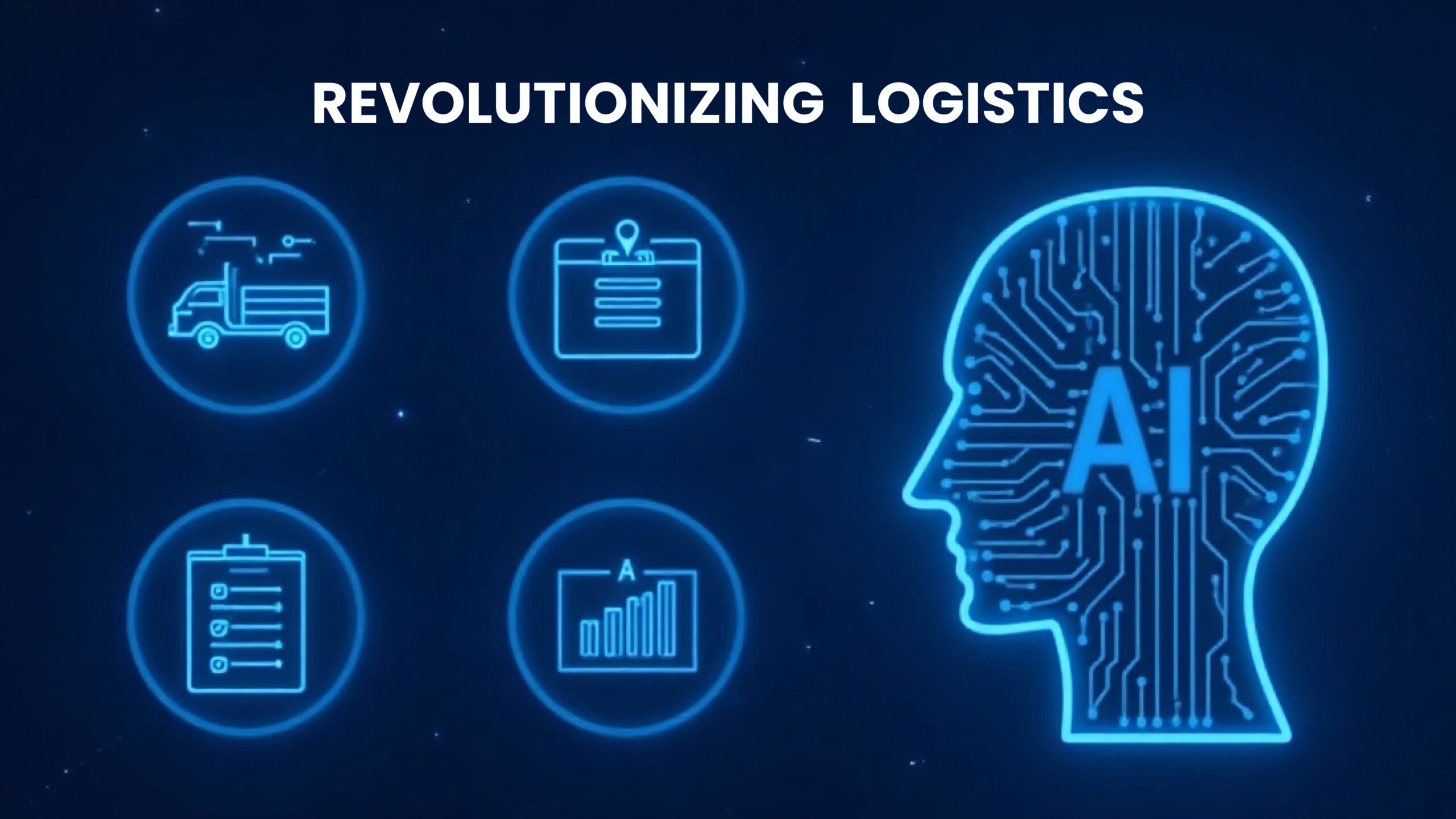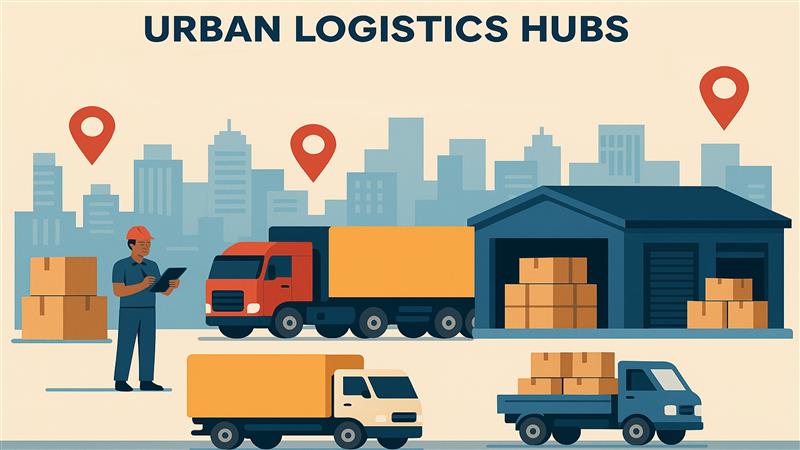Global Capability Centers (GCCs) have emerged as strategic hubs for multinational companies, consolidating their global operations like IT, R&D, and analytics in offshore locations like India. Leveraging the country’s skilled workforce, cost advantages, and robust digital infrastructure, these centers drive innovation and fuel economic growth. With a robust technological infrastructure, India has become the GCC hub with over 1,800 centers across technology, banking, finance, and the healthcare sector. Here, we look closer at how Technology landscapes in India provide various benefits to GCCs.
Establishing GCCs in India initially presented several key challenges: inconsistent infrastructure, high attrition, regulatory complexities, cultural fit, poor connectivity in Tier-2 and Tier-3 cities, cumbersome administrative hurdles, and the need for Indian subordinates to adapt to international conduct codes, making talent retention a significant challenge.
Today, the situation has drastically changed. High-tech IT parks, seamless internet connection, and government policies such as Digital India and Make in India have revolutionized the tech industry. Emerging Tier-2 and Tier-3 cities now have the infrastructure needed for GCC operations at an affordable price. Initiatives such as Skill India and corporate and academic partnerships have effectively reskilled the workforce, creating a sustainable talent pipeline. Each successive improvement not only overcomes the initial hurdles but also establishes a significant competitive advantage, thus enhancing India’s appeal to GCCs compared to other countries.
Technological Expertise: The Cornerstone of Success For GCC in India

India has a large pool of resources in advanced technological competency areas needed by GCCs. These centers thrive on such talent reserves, making it possible to create a Center of Excellence (CoE) and foster innovations. A report by EY indicates that 26% of the GCC respondents plan to hike their budget on technology and transformation projects,20% over the total budget, aiming to optimize operations and drive innovation.
1. Abundance of Expertise in Emerging Technologies
India’s software tech professionals are the leading contributors to innovation across Artificial Intelligence (AI), Machine Learning (ML), blockchain, cybersecurity, and cloud solutions. Further details are provided below:
AI and ML
Artificial Intelligence (AI) and Machine Learning (ML) are rapidly evolving fields in India. They have significantly contributed to advancements in predictive analytics, natural language processing, and autonomous systems. For example, Microsoft’s Indian GCC has played a key role in advancing AI on the Azure platform.
According to the EY survey, 78% of GCCs are upskilling their teams for GenAI adoption, particularly in customer interaction through applications such as automated chatbots, personalized support, and sentiment analysis.
Blockchain
This technology is among seven anticipated to transform society and work. As more new projects breakthrough in decentralized finance (DeFi) and new digital currencies, Indian specialists are at the forefront of creating blockchain solutions. Blockchain technology is evident in secure transactions and smart contracts within GCCs in financial services, evidenced by JPMorgan, Bengaluru.
Cybersecurity
With hybrid and remote work models becoming the new normal, cybersecurity threats across the globe have grown significantly, thus creating a niche for Indian cybersecurity professionals. IT giants like Cisco rely on services from India to furnish risk management services for their international clients and manage complex security services.
According to an EY survey, 73% of participants believe cybersecurity and employee cybersecurity training are critical issues requiring immediate attention.
Cloud Computing
India’s cloud market is booming, and it is expected to reach $10.8 billion by 2025. This growth is attributed to the increased support from the government, as seen by measures like “Digital India.” For instance, Google’s Indian workforce largely drives the fine-tuning of its cloud services technology and utilities. This demonstrates the significant value a GCC in India can offer.
2. Enabling Centers of Excellence
Indian GCCs are gradually moving ahead from being mere back offices to becoming Centers of Excellence (CoEs) by integrating technology and business knowledge. These CoEs specialize in:
- Creation of new fields and next-generation products and services.
- Enabling digitization initiatives of multinational organizations.
- Optimizing business processes with the help of artificial intelligence.
Thus, the skill of synchronizing technology development with business results is the key to the dominance of Indian talent in GCCs.
3. Integration with other teams across the globe
Indian professionals have the technical skills as well as the insight regarding various global business environments. This allows GCCs to:
- Collaborate with people from different locations.
- Tackle region-specific issues with region-specific technical solutions.
- Global ideas for innovative cultural markets.
An example is IBM’s GCC in Bengaluru, which collaborates with international teams while delivering state-of-the-art, practical AI-based supply chain solutions.
As part of our GCC services, we implement robust governance and seamless integration that ensures GCCs can effectively connect with global teams. Our custom frameworks help companies maintain synchronization between geographically spread-out teams, enhancing productivity and innovation.
4. Accelerate the transformation to digital
For GCCs aiming for strategic growth through digitalization, the adaptability and innovative mindset of Indian professionals are indispensable. Hence, these centers play pivotal roles in:
- Transforming monolith applications to cloud-based native structures.
- Integrating AI tools in working processes that formerly were manual operations.
Improving customer satisfaction through analytics and automation by chatbots.
5. Availability of Specialized Training Programs
Indian institutions are actively adapting their training programs with strategic alliances to meet the evolving needs of the job market and produce qualified technicians. According to a survey, 50% of participants stated that they are in the process of reskilling their existing staff as compared to 36% last year.
For example, Google’s Indian GCC collaborates with IITs, providing its employees with AI research training through specialized certification programs for complex projects.
IT Clusters in India
With over 1,700 centers, India is a prime location for GCCs, with 90% located in Bengaluru, NCR Delhi, Mumbai, Hyderabad, Pune and Chennai.
DATA SOURCE: NASSCOM
Why Choose Bengaluru, Chennai, and Hyderabad for GCCs
Bengaluru stands out as the “Silicon Valley of India,” with 34-35% of GCCs located here. Its vast talent pool and innovative startup ecosystem create an attractive environment for companies looking to establish or expand their GCCs. Bengaluru is the largest IT hub, featuring over 30 IT parks, such as Electronics City, Whitefield, Outer Ring Road, and Marathahalli.
Hyderabad, hosting 12-13% of GCCs, has undeniably made its mark as a burgeoning IT hub. These factors, along with the city’s rapid IT sector growth, make it an attractive locale for multinational companies looking to establish a strong presence with their GCCs. The IT sector is primarily concentrated in Gachibowli, Madhapur, and Nanakramguda.
Chennai, contributing 9-10% of GCCs, is a hidden gem. The city brings a unique advantage with a solid industrial foundation, top-notch educational institutions, and a rapidly growing IT sector. Home to southern India’s largest operational IT SEZ is the 43-acre DLF IT Park, also known as DLF Cyber City.
Is Setting up a GCC in India the Next Step for You?
The future for GCCs in India is bright, given that AI and automation breakthroughs allow GCCs to move human capital from transactional roles to transformational roles. Advanced data analysis will further improve decision-making processes while strong cybersecurity measures will become crucial as cyber threats continue to grow in sophistication and frequency. Organizational success hinges on attracting and retaining top talent, necessitating significant investment in blended learning environments, adapting to remote and hybrid work models, and fostering a positive corporate culture.
Astravise Services has experience assisting global organizations in setting up GCCs in India, as well as holistically managing the GCC operations on behalf of our clients. Recognizing that each client’s need is different, we offer highly customizable services that can be tailored to align with specific requirements perfectly. We have an extensive network of partners that can help your organization accelerate the process and integrate with the established IT clusters in India.
We also provide strategic CHRO services that support organizations in human capital management, leadership development, learning and development, and succession planning.
Book your free consultation now.
Source: Global Capability Center (GCC) Pulse Survey, Business Today, Inductus report










